#romance history
Text
Vivian Stephens is the woman who revolutionized the American category romance. You should listen to her two-part interview on the Black Romance Podcast. 👆
Follow that with this terrific profile of her in Texas Monthly. 👇
Then listen to us read and discuss some of her early acquisitions with Steve Ammidown. 👇
28 notes
·
View notes
Text
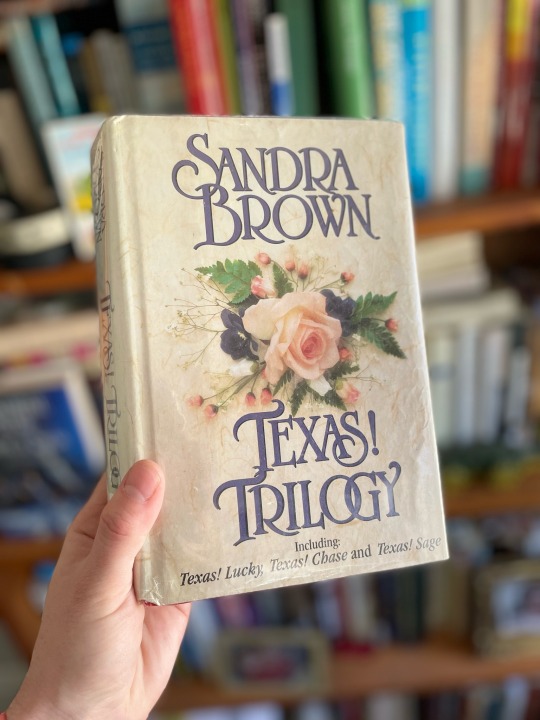
Been reading/listening to Sandra Brown’s Texas! romances the last few weeks to give my brain a break from so much clinical work, and I’m kind of obsessed with the Tyler family. All their hollering and yelling and storming out of rooms, their unhinged levels of horniness. these people will NEVER go to therapy. incredibly soothing. I will miss them.
#late 80s early 90s romance#sandra brown#romance trailblazers#romance history#when the hero in book 3 sold his marriage proposal by being like I’m not squeamish I will even go down on you my soul left my body#but this is not even close to the wildest shit that goes down#to be clear this is not a recommendation per se#only a rec for folks interested in romance genre history#bc these books are very of their time#I am reading slow heat in heaven now and oh wow WOW was not prepared for that tonal shift asdgdhjjj#thanks to the fated mates pod for the inspiration#library books
13 notes
·
View notes
Photo

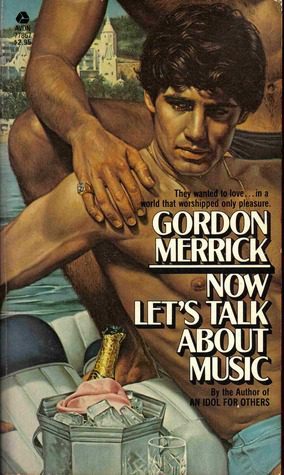
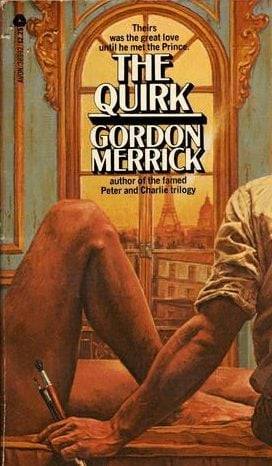
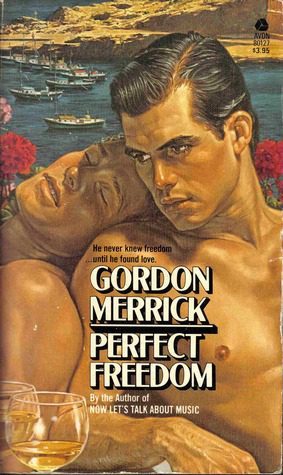

(via Victor Gadino Covers for Gordon Merrick's Gay Romantic Books)
#contemporary romance#lgbt books#gay#gay art#gay romance#romance history#vintage romance#vintage books#book blogger#book blog#victor gadino#romance#romance covers#cover art#book#book community#book covers#book tumblr#hot#pulp art
8 notes
·
View notes
Text


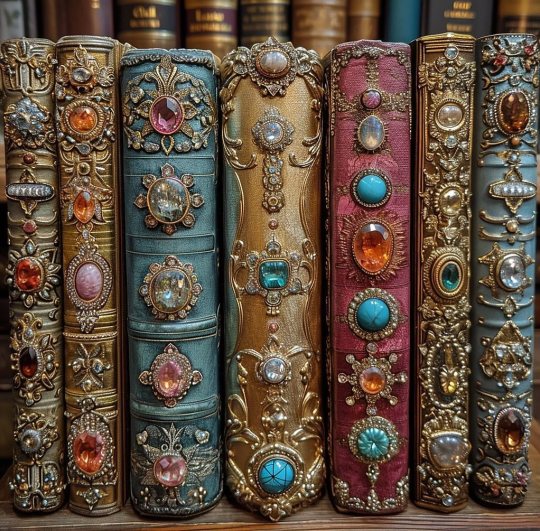

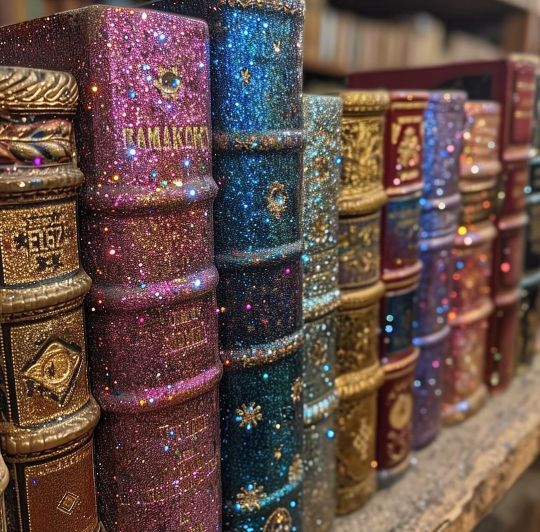



#alıntı#kitap#reading#landsccape#booklover#books#culture#home lifestyle#home decor#books and libraries#literature#photography#wiriting#currently reading#travel#landscape#vintage#history#arte#arhitecture#trees#view#scenery#bookworm#romance quotes#edebiyat#studyblr#studyspo#tumblarians#artwork
10K notes
·
View notes
Text
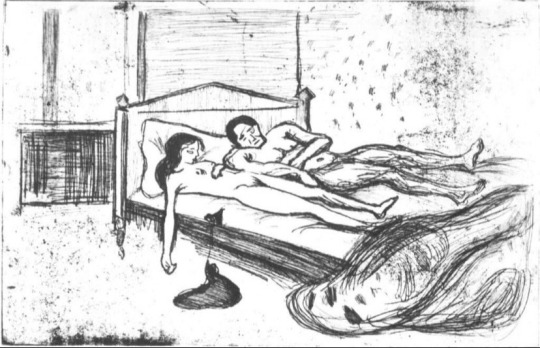


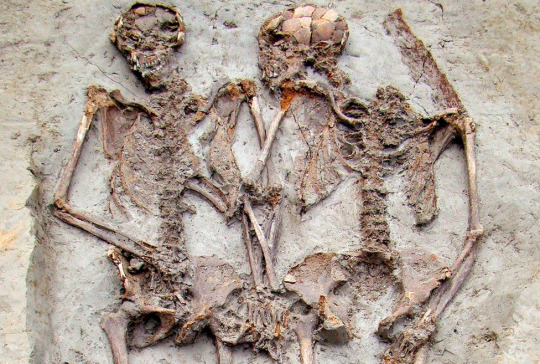

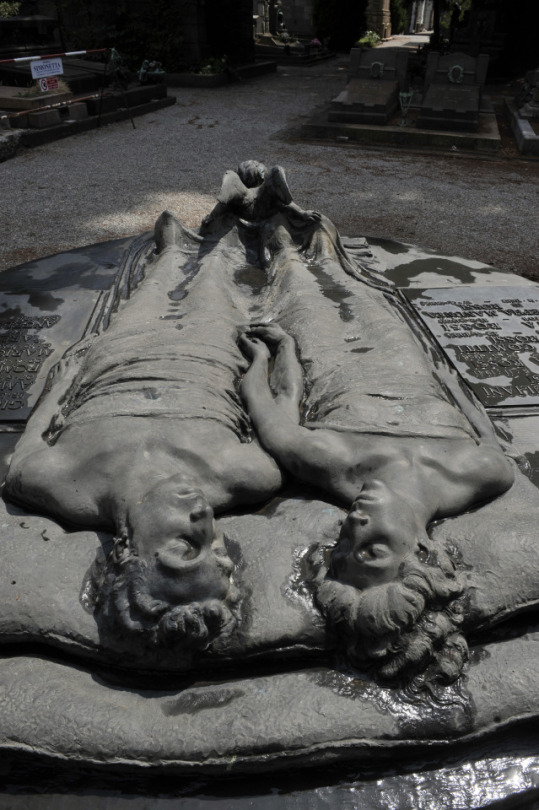

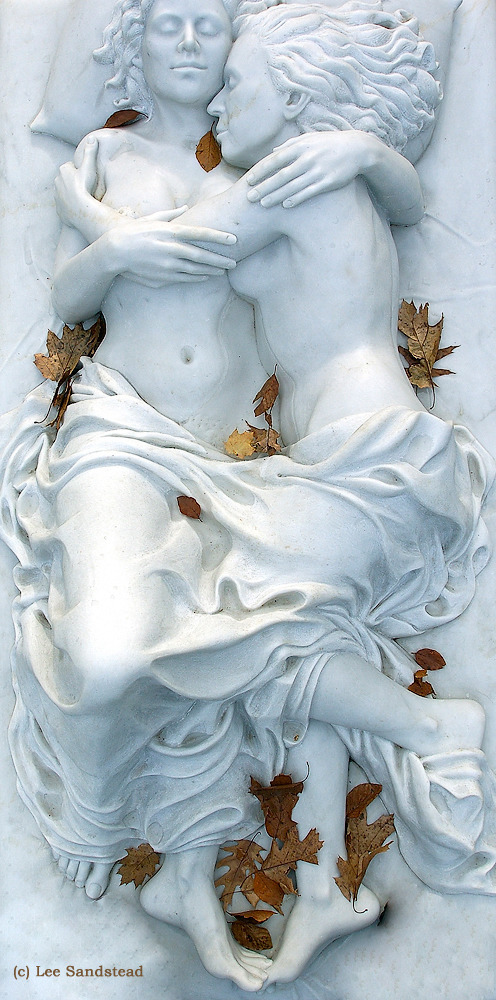





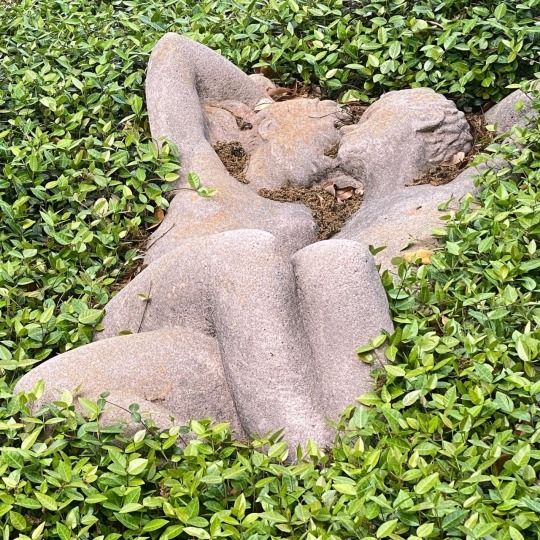
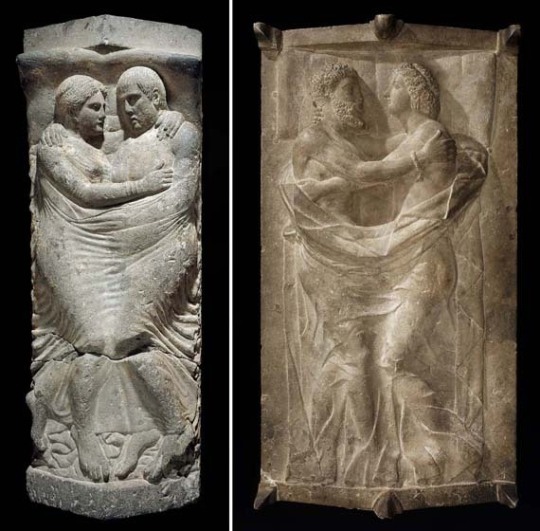
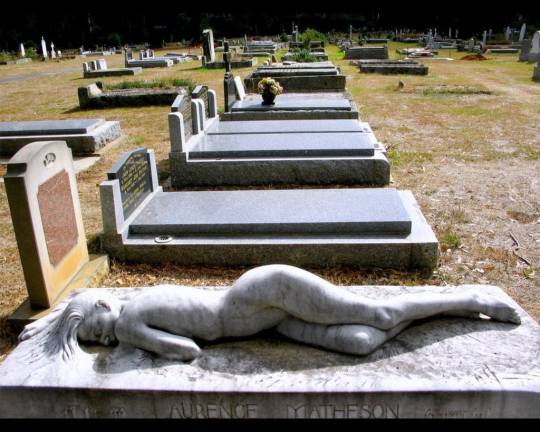


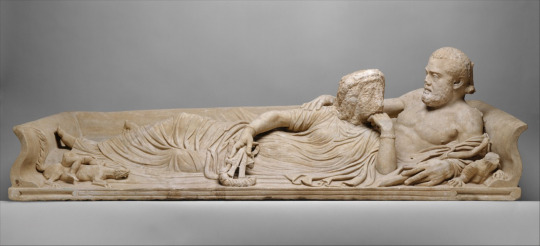

The Dead Lovers by Edvard Munch / Vienna Cemetery / Lovers of Valdaro / The Lovers of Modena / Hasanlu Lovers / Monumento Rossi / Dave Navarro & Carmen Electra by David LaChapelle / A Memorial to Marriage by Patricia Cronin / Monumento Scarneo / Olavi Lanu / Bronze Age Scythian Couple / The Life & Death of a Relationship - Sue Law / Lovers of Turuel / New Orleans Botanical Garden / Etruscan Sarcophagi / Gravestone commissioned by widow for deceased husband - Mt. Macedon Cemetery / Eternal Love - Frank Kunert / Meant To Be - Bruno Caesar / Roman Sarcophagus / Sarcophagus of the Spouses
#web weaving#compilation#comparatives#parallels#love#art#soulmates#david lachapelle#photography#edvard munch#frank kunert#nature#sculpture#valentines day#comparison#comparisons#romance#history#art history#star crossed lovers#comparative
8K notes
·
View notes
Text
A Guide to Historically Accurate Regency-Era Names

I recently received a message from a historical romance writer asking if I knew any good resources for finding historically accurate Regency-era names for their characters.
Not knowing any off the top of my head, I dug around online a bit and found there really isn’t much out there. The vast majority of search results were Buzzfeed-style listicles which range from accurate-adjacent to really, really, really bad.
I did find a few blog posts with fairly decent name lists, but noticed that even these have very little indication as to each name’s relative popularity as those statistical breakdowns really don't exist.
I began writing up a response with this information, but then I (being a research addict who was currently snowed in after a blizzard) thought hey - if there aren’t any good resources out there why not make one myself?
As I lacked any compiled data to work from, I had to do my own data wrangling on this project. Due to this fact, I limited the scope to what I thought would be the most useful for writers who focus on this era, namely - people of a marriageable age living in the wealthiest areas of London.
So with this in mind - I went through period records and compiled the names of 25,000 couples who were married in the City of Westminster (which includes Mayfair, St. James and Hyde Park) between 1804 to 1821.
So let’s see what all that data tells us…
To begin - I think it’s hard for us in the modern world with our wide and varied abundance of first names to conceive of just how POPULAR popular names of the past were.
If you were to take a modern sample of 25-year-old (born in 1998) American women, the most common name would be Emily with 1.35% of the total population. If you were to add the next four most popular names (Hannah, Samantha, Sarah and Ashley) these top five names would bring you to 5.5% of the total population. (source: Social Security Administration)
If you were to do the same survey in Regency London - the most common name would be Mary with 19.2% of the population. Add the next four most popular names (Elizabeth, Ann, Sarah and Jane) and with just 5 names you would have covered 62% of all women.
To hit 62% of the population in the modern survey it would take the top 400 names.
The top five Regency men’s names (John, William, Thomas, James and George) have nearly identical statistics as the women’s names.
I struggled for the better part of a week with how to present my findings, as a big list in alphabetical order really fails to get across the popularity factor and also isn’t the most tumblr-compatible format. And then my YouTube homepage recommended a random video of someone ranking all the books they’d read last year - and so I present…
The Regency Name Popularity Tier List
The Tiers
S+ - 10% of the population or greater. There is no modern equivalent to this level of popularity. 52% of the population had one of these 7 names.
S - 2-10%. There is still no modern equivalent to this level of popularity. Names in this percentage range in the past have included Mary and William in the 1880s and Jennifer in the late 1970s (topped out at 4%).
A - 1-2%. The top five modern names usually fall in this range. Kids with these names would probably include their last initial in class to avoid confusion. (1998 examples: Emily, Sarah, Ashley, Michael, Christopher, Brandon.)
B - .3-1%. Very common names. Would fall in the top 50 modern names. You would most likely know at least 1 person with these names. (1998 examples: Jessica, Megan, Allison, Justin, Ryan, Eric)
C - .17-.3%. Common names. Would fall in the modern top 100. You would probably know someone with these names, or at least know of them. (1998 examples: Chloe, Grace, Vanessa, Sean, Spencer, Seth)
D - .06-.17%. Less common names. In the modern top 250. You may not personally know someone with these names, but you’re aware of them. (1998 examples: Faith, Cassidy, Summer, Griffin, Dustin, Colby)
E - .02-.06%. Uncommon names. You’re aware these are names, but they are not common. Unusual enough they may be remarked upon. (1998 examples: Calista, Skye, Precious, Fabian, Justice, Lorenzo)
F - .01-.02%. Rare names. You may have heard of these names, but you probably don’t know anyone with one. Extremely unusual, and would likely be remarked upon. (1998 examples: Emerald, Lourdes, Serenity, Dario, Tavian, Adonis)
G - Very rare names. There are only a handful of people with these names in the entire country. You’ve never met anyone with this name.
H - Virtually non-existent. Names that theoretically could have existed in the Regency period (their original source pre-dates the early 19th century) but I found fewer than five (and often no) period examples of them being used in Regency England. (Example names taken from romance novels and online Regency name lists.)
Just to once again reinforce how POPULAR popular names were before we get to the tier lists - statistically, in a ballroom of 100 people in Regency London: 80 would have names from tiers S+/S. An additional 15 people would have names from tiers A/B and C. 4 of the remaining 5 would have names from D/E. Only one would have a name from below tier E.
Women's Names
S+ Mary, Elizabeth, Ann, Sarah
S - Jane, Mary Ann+, Hannah, Susannah, Margaret, Catherine, Martha, Charlotte, Maria
A - Frances, Harriet, Sophia, Eleanor, Rebecca
B - Alice, Amelia, Bridget~, Caroline, Eliza, Esther, Isabella, Louisa, Lucy, Lydia, Phoebe, Rachel, Susan
C - Ellen, Fanny*, Grace, Henrietta, Hester, Jemima, Matilda, Priscilla
D - Abigail, Agnes, Amy, Augusta, Barbara, Betsy*, Betty*, Cecilia, Christiana, Clarissa, Deborah, Diana, Dinah, Dorothy, Emily, Emma, Georgiana, Helen, Janet^, Joanna, Johanna, Judith, Julia, Kezia, Kitty*, Letitia, Nancy*, Ruth, Winifred>
E - Arabella, Celia, Charity, Clara, Cordelia, Dorcas, Eve, Georgina, Honor, Honora, Jennet^, Jessie*^, Joan, Joyce, Juliana, Juliet, Lavinia, Leah, Margery, Marian, Marianne, Marie, Mercy, Miriam, Naomi, Patience, Penelope, Philadelphia, Phillis, Prudence, Rhoda, Rosanna, Rose, Rosetta, Rosina, Sabina, Selina, Sylvia, Theodosia, Theresa
F - (selected) Alicia, Bethia, Euphemia, Frederica, Helena, Leonora, Mariana, Millicent, Mirah, Olivia, Philippa, Rosamund, Sybella, Tabitha, Temperance, Theophila, Thomasin, Tryphena, Ursula, Virtue, Wilhelmina
G - (selected) Adelaide, Alethia, Angelina, Cassandra, Cherry, Constance, Delilah, Dorinda, Drusilla, Eva, Happy, Jessica, Josephine, Laura, Minerva, Octavia, Parthenia, Theodora, Violet, Zipporah
H - Alberta, Alexandra, Amber, Ashley, Calliope, Calpurnia, Chloe, Cressida, Cynthia, Daisy, Daphne, Elaine, Eloise, Estella, Lilian, Lilias, Francesca, Gabriella, Genevieve, Gwendoline, Hermione, Hyacinth, Inez, Iris, Kathleen, Madeline, Maude, Melody, Portia, Seabright, Seraphina, Sienna, Verity
Men's Names
S+ John, William, Thomas
S - James, George, Joseph, Richard, Robert, Charles, Henry, Edward, Samuel
A - Benjamin, (Mother’s/Grandmother’s maiden name used as first name)#
B - Alexander^, Andrew, Daniel, David>, Edmund, Francis, Frederick, Isaac, Matthew, Michael, Patrick~, Peter, Philip, Stephen, Timothy
C - Abraham, Anthony, Christopher, Hugh>, Jeremiah, Jonathan, Nathaniel, Walter
D - Adam, Arthur, Bartholomew, Cornelius, Dennis, Evan>, Jacob, Job, Josiah, Joshua, Lawrence, Lewis, Luke, Mark, Martin, Moses, Nicholas, Owen>, Paul, Ralph, Simon
E - Aaron, Alfred, Allen, Ambrose, Amos, Archibald, Augustin, Augustus, Barnard, Barney, Bernard, Bryan, Caleb, Christian, Clement, Colin, Duncan^, Ebenezer, Edwin, Emanuel, Felix, Gabriel, Gerard, Gilbert, Giles, Griffith, Harry*, Herbert, Humphrey, Israel, Jabez, Jesse, Joel, Jonas, Lancelot, Matthias, Maurice, Miles, Oliver, Rees, Reuben, Roger, Rowland, Solomon, Theophilus, Valentine, Zachariah
F - (selected) Abel, Barnabus, Benedict, Connor, Elijah, Ernest, Gideon, Godfrey, Gregory, Hector, Horace, Horatio, Isaiah, Jasper, Levi, Marmaduke, Noah, Percival, Shadrach, Vincent
G - (selected) Albion, Darius, Christmas, Cleophas, Enoch, Ethelbert, Gavin, Griffin, Hercules, Hugo, Innocent, Justin, Maximilian, Methuselah, Peregrine, Phineas, Roland, Sebastian, Sylvester, Theodore, Titus, Zephaniah
H - Albinus, Americus, Cassian, Dominic, Eric, Milo, Rollo, Trevor, Tristan, Waldo, Xavier
# Men were sometimes given a family surname (most often their mother's or grandmother's maiden name) as their first name - the most famous example of this being Fitzwilliam Darcy. If you were to combine all surname-based first names as a single 'name' this is where the practice would rank.
*Rank as a given name, not a nickname
+If you count Mary Ann as a separate name from Mary - Mary would remain in S+ even without the Mary Anns included
~Primarily used by people of Irish descent
^Primarily used by people of Scottish descent
>Primarily used by people of Welsh descent
I was going to continue on and write about why Regency-era first names were so uniform, discuss historically accurate surnames, nicknames, and include a little guide to finding 'unique' names that are still historically accurate - but this post is already very, very long, so that will have to wait for a later date.
If anyone has any questions/comments/clarifications in the meantime feel free to message me.
Methodology notes: All data is from marriage records covering six parishes in the City of Westminster between 1804 and 1821. The total sample size was 50,950 individuals.
I chose marriage records rather than births/baptisms as I wanted to focus on individuals who were adults during the Regency era rather than newborns. I think many people make the mistake when researching historical names by using baby name data for the year their story takes place rather than 20 to 30 years prior, and I wanted to avoid that. If you are writing a story that takes place in 1930 you don’t want to research the top names for 1930, you need to be looking at 1910 or earlier if you are naming adult characters.
I combined (for my own sanity) names that are pronounced identically but have minor spelling differences: i.e. the data for Catherine also includes Catharines and Katherines, Susannah includes Susannas, Phoebe includes Phebes, etc.
The compound 'Mother's/Grandmother's maiden name used as first name' designation is an educated guesstimate based on what I recognized as known surnames, as I do not hate myself enough to go through 25,000+ individuals and confirm their mother's maiden names. So if the tally includes any individuals who just happened to be named Fitzroy/Hastings/Townsend/etc. because their parents liked the sound of it and not due to any familial relations - my bad.
I did a small comparative survey of 5,000 individuals in several rural communities in Rutland and Staffordshire (chosen because they had the cleanest data I could find and I was lazy) to see if there were any significant differences between urban and rural naming practices and found the results to be very similar. The most noticeable difference I observed was that the S+ tier names were even MORE popular in rural areas than in London. In Rutland between 1810 and 1820 Elizabeths comprised 21.4% of all brides vs. 15.3% in the London survey. All other S+ names also saw increases of between 1% and 6%. I also observed that the rural communities I surveyed saw a small, but noticeable and fairly consistent, increase in the use of names with Biblical origins.
Sources of the records I used for my survey:
Ancestry.com. England & Wales Marriages, 1538-1988 [database on-line].
Ancestry.com. Westminster, London, England, Church of England Marriages and Banns, 1754-1935 [database on-line].
#history#regency#1800s#1810s#names#london#writing resources#regency romance#jane austen#bridgerton#bridgerton would be an exponentially better show if daphne's name was dorcas#behold - the reason i haven't posted in three weeks
12K notes
·
View notes
Text
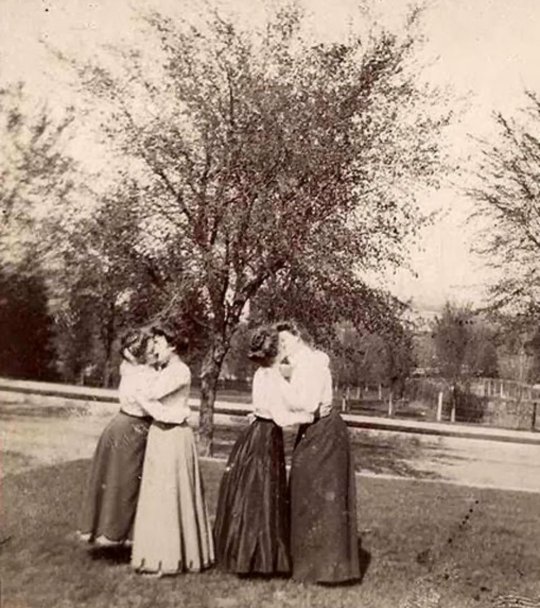
Two couples of women kissing (1900s)
#wlw#wlw romance#wlw love#wlw history#sapphic#sapphic romance#sapphic love#sapphic history#sapphics#women#lgbt#lgbt history#lgbtq#lgbtqia#lgbtqia+#1900s#history#herstory#photography#b&w#b&w photography#b&w aesthetic#b and w photography#bwphotography#bw#lovers#romantic#couple#aesthetic#a e s t h e t i c
6K notes
·
View notes
Text

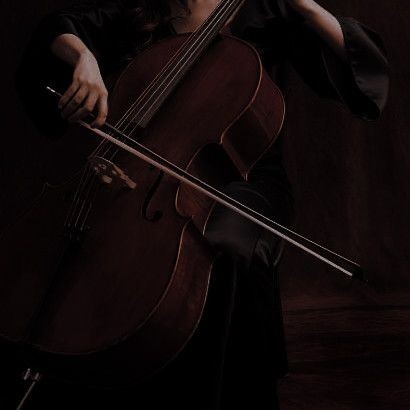
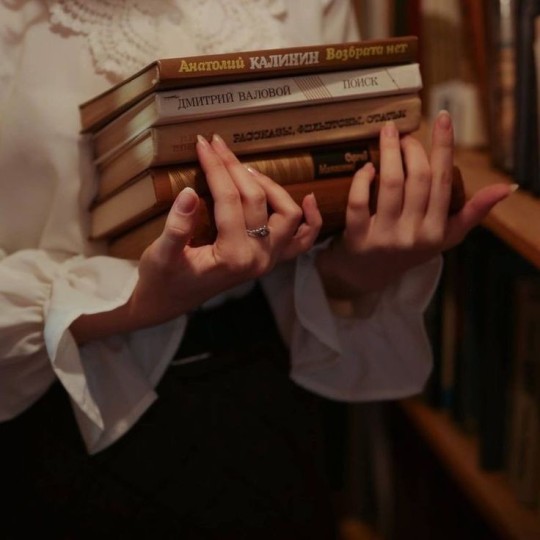
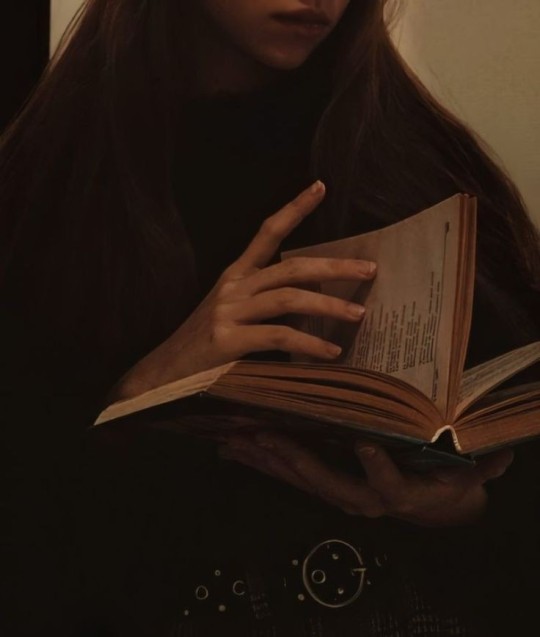


Hey! (with the intention of taking you on a library date)
Picture Credit ~📍pinterest
@luciferslilith7
#aesthetic#dark academia#chaotic academia#spilled ink#spilled thoughts#classic academia#academia#light academia#classic literature#dark academia aesthetic#my academia#academia moodboard#escapism#dark and darker#dark academia moodboard#dead poets society#the secret history#if we were villains#the goldfinch#sylvia plath#books and poetry#books and coffee#library date#library aesthetic#old school romance#dark romantica#art#dark academia fashion#art academia#autumn aesthetic
4K notes
·
View notes
Photo
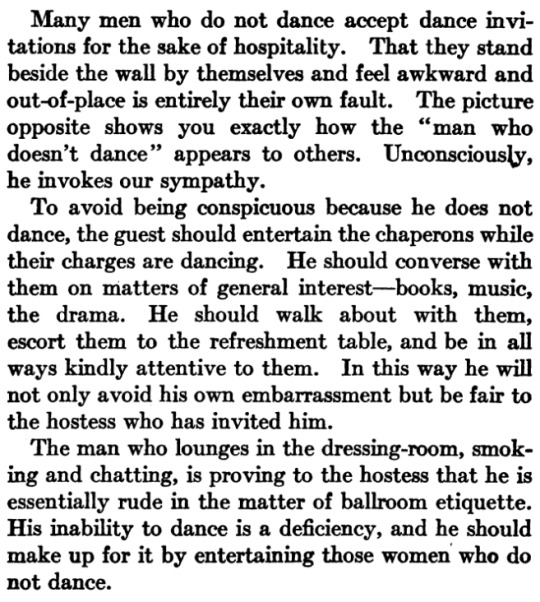
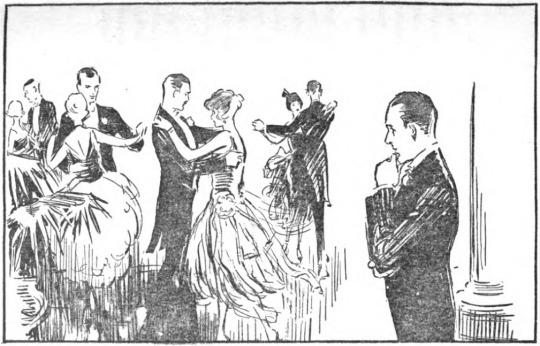
Etiquette Problems in Pictures, Lillian Eichler, 1924
#1924#1920s#roaring 20's#jazz age#etiquette#manners#advice#courtship#romance#dating#historic#vintage#history#roaring 20s#1920's
7K notes
·
View notes
Text

I am just a girl with something big under my skirt 🥺 wanna find out ?
#mtf trans#trans#trans and proud#trans angel#trans are beautiful#trans are women#trans artist#trans beauty#trans dating#trans dick#transgirl#trans pride#trans guy#trans history#transsexual#trans goddess#trans people#trans joy#trans onlyfans#trans journey#trans positivity#trans nsft#trans is valid#trans is so hot#trans relationships#trans romance#trans queen#trans hrt#transgender#trans things
1K notes
·
View notes
Text
you'll have to forgive me. this is history to me
gerard: frankie's mouth was all over my hair. that was like really gross but at the same time it's still kinda hot. yknow what I mean?
audience: 🦗
link
edit: @vriska-serketboard brought up that it also sounds like "frankie's mouth was all over my hand" honestly I can hear both.
show recorded by spaceyraygun 12/18/2002 trocadero theater philadelphia pa
#in 2002 they were really pushing the envelope#something iconic about it idk#my chemical romance#it was the 90s like 2 seconds ago and I think this dude is hot? i think thats badass#mcr#frank iero#gerard way#mikey way#ray toro#from spaceyraygun#2002 mcr#frerard#just for history#is this the earliest known frerard?#2002#bullets era#shows
1K notes
·
View notes
Text

Enid and Geraint by Rowland Wheelwright
#enid#geraint#art#rowland wheelwright#arthurian#romance#romantic#chivalry#chivalric romance#knight#knights#folklore#britain#medieval#middle ages#history#armour#enide#british#europe#european#horses#pathway#forest#wood#woods#woodland#love
4K notes
·
View notes
Text

The Garden of Eden, 1901
Hugh Goldwin Riviere
#Hugh Goldwin Riviere#1900s#early 20th century#black#art#painting#art history#fashion#portrait#gloomy#romance#english art#british art
1K notes
·
View notes
Text
*Gale and Tav, sitting together on their balcony in Waterdeep, watching the night sky reflect on the water.*
Gale, kissing Tav and whispering in their ear: Happy one year anniversary, my love. The happiest year of my life—and yours too, I hope?
Tav, squeezing his hand tightly: It’s been everything I’ve ever hoped for. I simply couldn’t ask for anything m—*pointing* Oh! *sitting up straight* Look, fireworks!
Gale: Indeed! What serendipitous timing.
Tara, suddenly yelling from the inner room: MISTER DEKARIOS! *flying in, looking aghast* Sir! Did you do this?! We spoke about this! After the Waukeentide debacle I assured the city council you would not be doing any more rogue illusory magic!
Tav: Tara, it’s fine! Gale didn’t orchestrate this, it’s just a happy coincidence!
*Gale, Tav and Tara watching as the fireworks spell out: I Love You More Than The Stars, Tav! Happy Anniversary From Your Loving Husband, Gale Dekarios.*
Tav and Tara: …
Gale: …
Gale: Who could have done such a thing
#Happy 1 year anniversary BG3!!#I got the game thinking it would be a fun distraction for a few months and I’d be romancing a druid#…but then I pulled my pixel wizard husband out of a rock#and the rest is history#baldur's gate 3#baldur’s gate 3#galemancer#gale of waterdeep#gale dekarios#gale x tav#bg3
858 notes
·
View notes
Text

#ai art#male art#true romance#hercules#iolaus#gay lovers#loveislove 🏳️🌈#gay love#gay history#gay art#gay#ai muscle#muscle men#ai gay art#ai gay couple#ai gay
558 notes
·
View notes
Text
An excerpt from the end of a letter where Mary Shelley rejects the advances of her long-time friend Edward Trelawny, 26 July 1831:
"My name will never be Trelawny. I am not so young as I was when you first knew me, but I am as proud. I must have the entire affection, devotion, and, above all, the solicitous protection of any one who would win me. You belong to womenkind in general, and Mary Shelley will never be yours.
I write in haste, but I will write soon again, more at length. You shall have your copies the moment I receive them. Believe me, with all gratitude and affection,
Yours,
M. W. Shelley."
#lmao#literature#english literature#mary shelley#edward trelawny#shelley#women#feminism#devotion#love#romance#girlboss#romanticism#history#female writers#writers#quotes#excerpts
877 notes
·
View notes